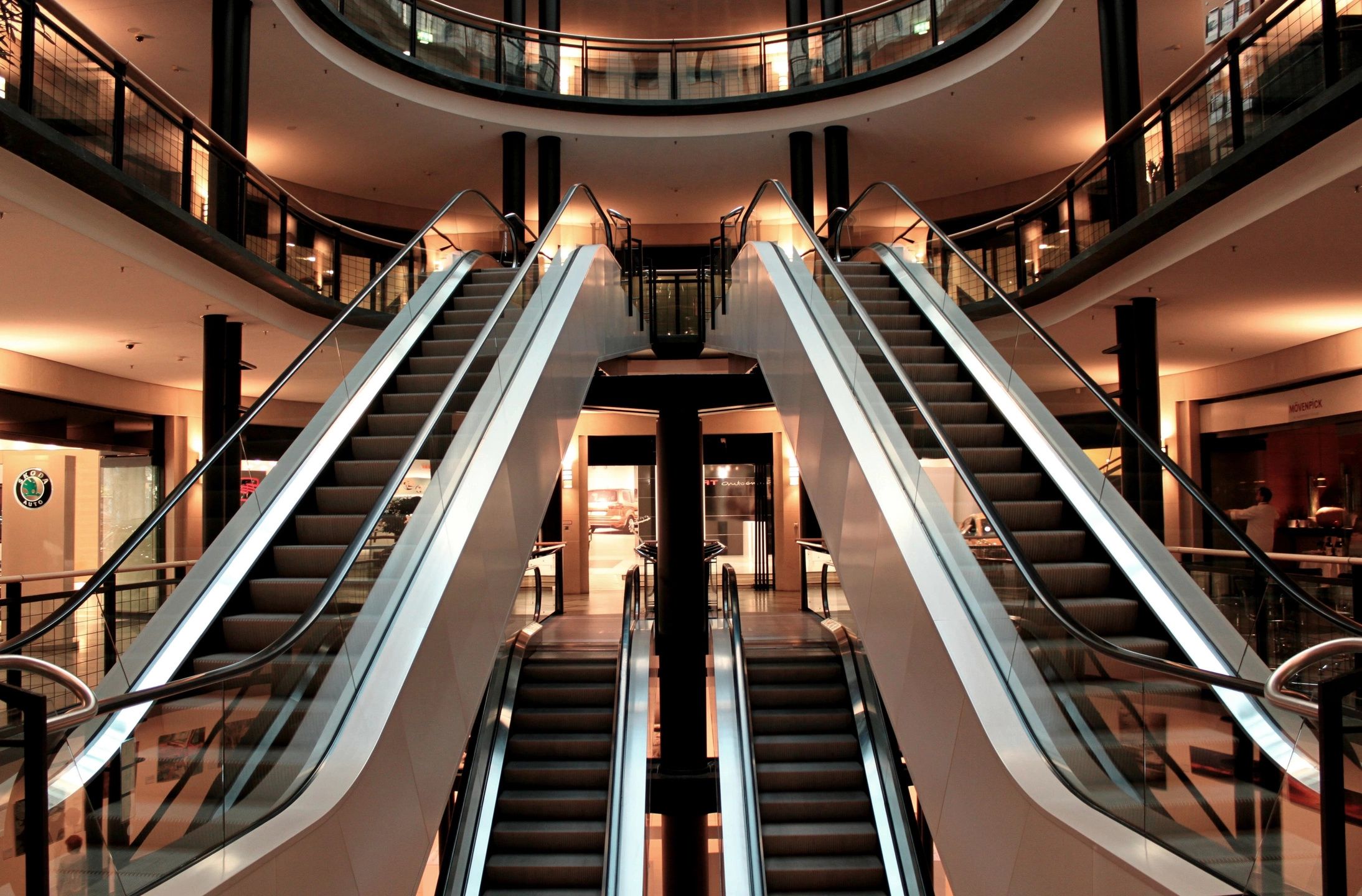
Professor Rosemary Batt gave us a crash course in how private equity firms take perfectly fine corporations and sucks them dry. Here’s an excerpt. For more, read her piece in the American Prospect that she wrote with Eileen Appelbaum. Or listen to episode 997.
DAVID: How does the private equity firm make money?
PROFESSOR BATT: By loading the company with debt
it puts pressure on the management to squeeze costs. That may lead the company to reduce jobs in order to service the debt. The private equity firm can load more debt on the company. It’s called a “dividend recapitalization.” Which is a fancy word for saying, “I’m going to take out another loan from a bank. I’m going to load it on the company. “Instead of using that money to invest in the grocery store and upgrade it so it can compete more effectively, I’m going to pay myself and my private equity investors dividends.”
DAVID: Wow!
PROFESSOR BATT: “So I’m just loading the company with more debt in order to pay myself a dividend.”
DAVID: Wow!
PROFESSOR BATT: A third way that they can make money from owning the supermarkets is the supermarket often owns its own property. Retail typically owns their own property and they do that because in the event of an economic downturn it can continue to survive because it doesn’t have to pay rent. But with private equity, one of their classic moves is they separate a company between a property company and an operating company. And the property is actually sold off to another real estate
firm. And then the existing store has to pay rent. Usually inflated rent by this time on property that it used to own.
DAVID: Wow!
PROFESSOR BATT: And so private equity can make money off the sale of that property, pay themselves and their investors.
DAVID: They suck the company dry, leaving the workers with nothing.